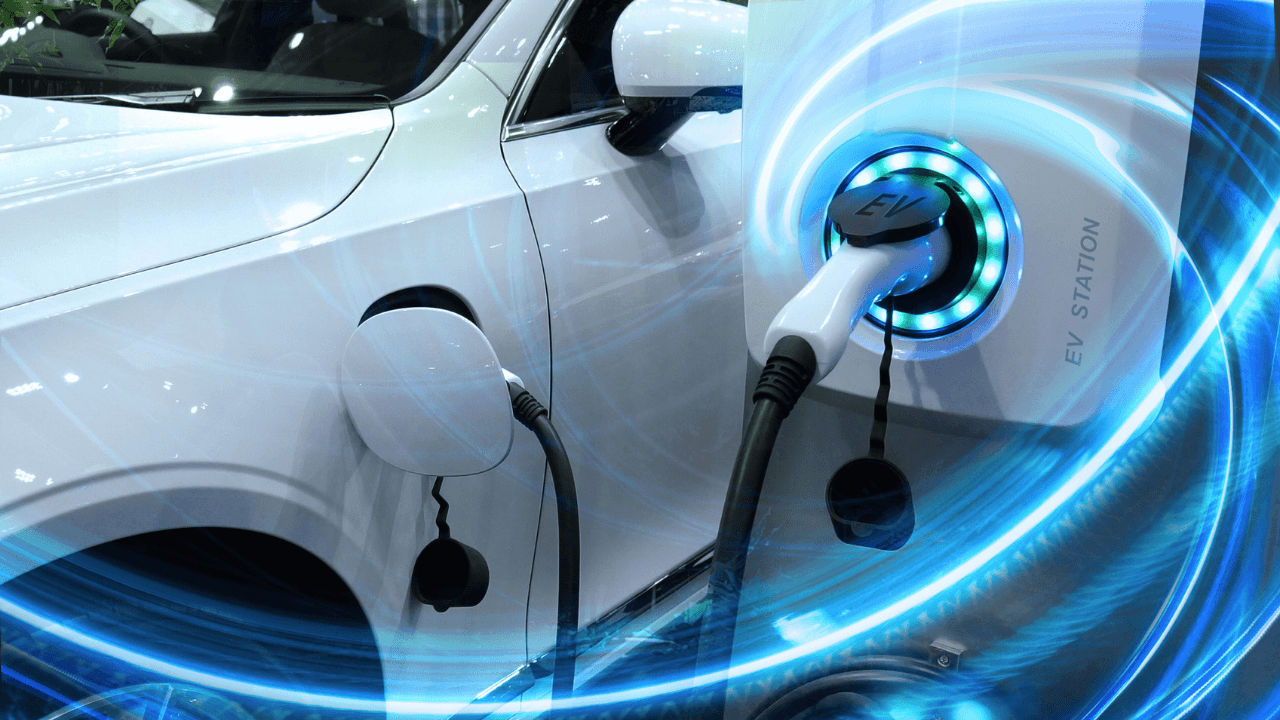Points to Consider Before Buying Your First Electric Vehicle (EV)
The electric vehicle (EV) revolution is in full swing, offering eco-conscious individuals an exciting and sustainable alternative to traditional gasoline-powered cars. If you’re considering buying your first EV, there are some essential factors to keep in mind before making the leap. From range anxiety to charging infrastructure, let’s explore the key points that will guide you toward an informed and empowered decision.

1. Understand Your Driving Needs
Before choosing an EV model, evaluate your daily driving patterns. Consider your typical commute, weekend trips, and any long-distance travel plans. Different EVs offer varying ranges, so opt for a model that comfortably covers your routine drives.
2. Range Considerations
Assess the range of the EV you’re interested in. Advances in battery technology have led to extended ranges, but it’s crucial to select a vehicle with a range that suits your lifestyle. Keep in mind that external factors like weather conditions can influence an EV’s range.
3. Charging Infrastructure
Check the availability of charging stations in your area and along your regular routes. A robust charging infrastructure will significantly enhance your EV ownership experience. Research public charging networks, home charging solutions, and the convenience they offer.
4. Home Charging Setup
If you plan to charge your EV at home, ensure you have the necessary electrical setup. You might need to install a Level 2 home charging station for faster charging. Evaluate the installation costs and any modifications required.
5. Financial Incentives
Explore available incentives, rebates, and tax credits offered by your local government or utility companies. These incentives can significantly reduce the upfront cost of purchasing an EV, making it an economically viable choice.
6. Total Cost of Ownership
Consider the long-term financial benefits of owning an EV. While the initial purchase price might be higher than that of a traditional car, the lower operational and maintenance costs can balance out the investment over time.
7. Resale Value
Research the resale value of different EV models. As the EV market evolves, some models might hold their value better than others. Make an informed decision based on the projected resale value.
8. Charging Speeds
Different EVs support various charging speeds. Some vehicles can take advantage of fast-charging stations, allowing you to recharge quickly during longer trips. Familiarize yourself with the charging speeds your chosen model can accommodate.
9. Model Options
Explore the diverse range of EV models available. Whether you’re looking for a compact car, SUV, or luxury sedan, there’s likely an EV that fits your preferences and needs.
10. Environmental Impact
Ultimately, choosing an EV is about contributing to a greener future. Research the environmental impact of different EV models, considering factors like manufacturing processes and battery disposal.
Conclusion: A Thoughtful Transition to Electric Mobility
As you prepare to make your first EV purchase, these key points will help you navigate the transition to electric mobility. By understanding your driving patterns, assessing charging infrastructure, and considering financial incentives, you’ll embark on an exciting journey toward a sustainable and electrifying driving experience.

























+ There are no comments
Add yours